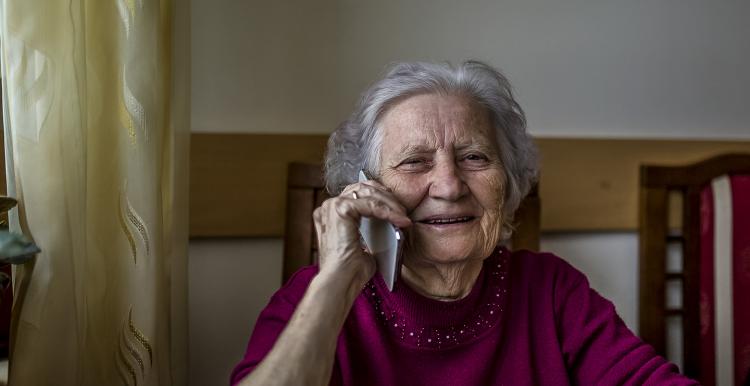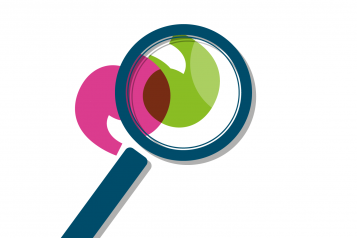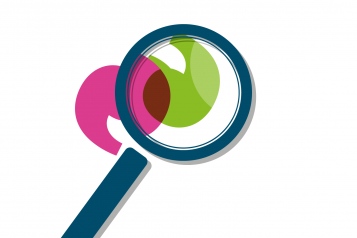Wide-reaching phone campaign from local organisations helps residents stay informed about covid

I had been in hospital before lockdown and needed some help with my benefits when I came out. I also got lots of helpful advice about different aspects of covid. It was really helpful to have things explained in my own language and be able to ask questions.
The Diverse Communities network is a partnership of local organisations supporting residents from black and minority ethnic groups where English isn't the first language. Healthwatch coordinates this partnership.
Earlier this year we interviewed 180 local people from migrant communities to learn about their experiences of the coronavirus pandemic. We heard that residents who didn’t have a strong command of English had much more difficulty following government guidance. Many people felt that the government had not done enough to make the guidance available in other languages, and that information wasn’t accessible to them. This also put unfair pressure on local support organisations to share reliable information within their communities, just when they were having to cope with increasing demand and find new ways of working to respect social distancing requirements.
Many people who depend on support from our partner organisations have been affected by financial difficulties, difficulty accessing food, fear of accessing health services, bereavement, loneliness, and confusion about the requirements of social distancing. Some have limited access to reliable information not only because of language barriers, but also due to low literacy in their mother tongue and digital exclusion.
What we did to help
- The campaign ran from June to August and each partner organisation committed to contacting at least 75 residents who did not have access to government guidance.
- Healthwatch built and maintained an information resource which all partners drew upon to support residents, covering all the guidance related to Covid-19.
- Most support was offered over the phone, but the partners also reached residents via Whatsapp, video messaging, and by holding socially distanced conversations. They translated guidance into the languages spoken by the communities they supported.
- Partners also offered practical help to resolve the particular problems that each resident faced, for example support with remote schooling, help to access online shopping services, or advice on cleaning the home safely when a family member had been diagnosed with coronavirus.
It's good to talk
For some in our community, the best method of getting information, particularly for nuanced messaging, is through conversation. This gives people the chance to ask questions with someone they trust. This also helps overcome language barriers. Calls made in the course of this campaign could last for up to 90 minutes because guidance is hard to follow and has huge implications for individuals. By working with people one to one, options can be explored and understanding can be checked.
Organisations are doing what they can to maintain contact with those who are most isolated and have the most pressing needs.
This work was made possible with support from the London Community Response fund. More of this type of support is needed. The coronavirus pandemic has not gone away, and guidance continues to change and develop.


